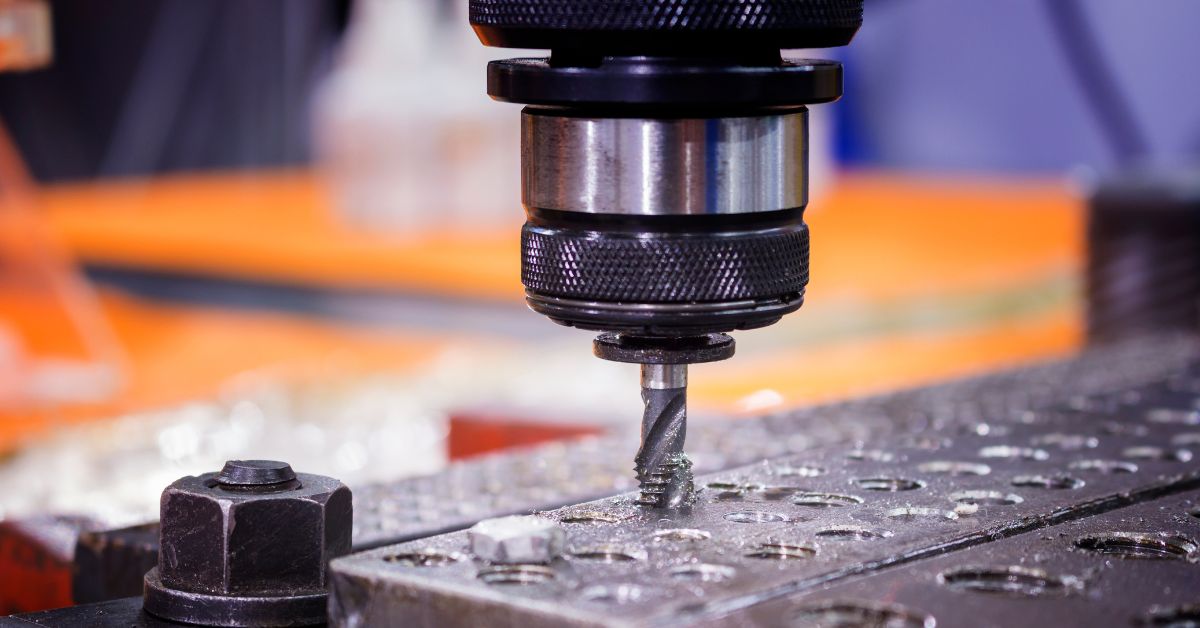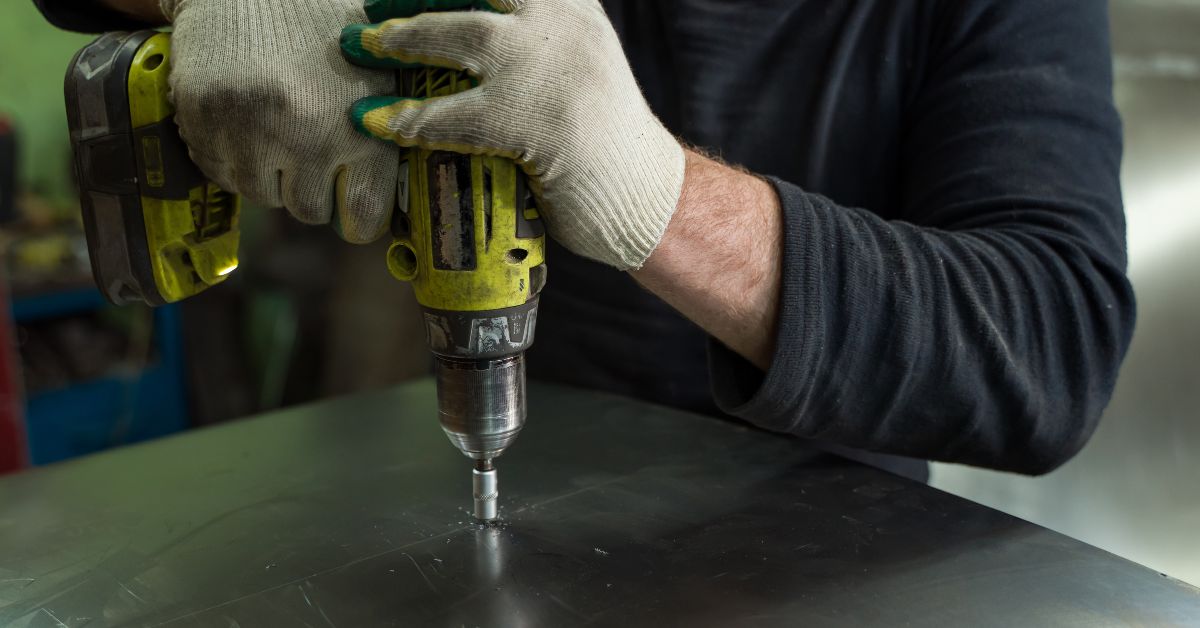Drilling through tough metals is no simple task. Whether you’re a contractor tackling industrial projects, a homeowner trying out a DIY metalworking project, or a purchasing agent sourcing the best tools and products for your business, you know that the right equipment can make all the difference. One typically overlooked yet critical component in your toolbox is a high-quality lubricant designed specifically for drilling.
Lubricants minimize heat, reduce friction, and protect expensive tools from wear and tear. Let’s explore the must-have lubricants for drilling tough metals that can help you achieve cleaner cuts and better precision while extending the life of your drill bits.
The Importance of Lubricants When Drilling Tough Metals
Drilling into hard metals like stainless steel, titanium, or cast iron generates tremendous heat. Without a suitable lubricant, this heat can damage your tools and workpiece. Proper lubrication enables smoother operations by reducing the friction between the drill bit and the metal surface, allowing for faster and more efficient cutting.
Beyond heat management, high-quality lubricants prevent drill bits from dulling prematurely, ultimately avoiding unnecessary expenses and ensuring consistent results when working with metals. Investing in the right lubricant sets the stage for optimal performance, whether operating high-end drills or using brick drill bits.
Types of Drilling Lubricants You Should Know
The market offers a variety of lubricants; cutting fluids, lubricating oils, cooling gels, and sprays are commonly used in metalwork. Each serves a unique purpose, and understanding the differences will help you choose the right product for your tasks.
Oil-Based Lubricants
Many metalworking professionals choose oil-based lubricants for their excellent cooling and friction-reducing properties. These lubricants extend the drill bit’s and the material’s lifespan. Thanks to their versatility, users apply these lubricants with various types of drill bits, from standard to specialized options.
Water-Soluble Lubricants
Operators use water-soluble lubricants when they need efficient heat dissipation. Mixing them with water to create an emulsion effectively cools the drill bit and the workpiece. Users also appreciate how easily they can clean these lubricants and how environmentally friendly they are, especially for light to moderate drilling tasks.
Synthetic Lubricants
Engineers rely on synthetic lubricants for high-performance drilling. These lubricants handle extreme heat and pressure while delivering consistent lubrication during demanding operations. Users value their stability and resistance to breakdown, especially compared to traditional oil-based alternatives.
Paste Lubricants
Technicians apply paste lubricants in slow-speed drilling or tapping operations. These thick lubricants cling firmly to drill bits, even in vertical positions, and provide excellent lubrication and heat resistance. Their concentrated formula makes them perfect for precision tasks that require targeted application.
Additionally, cutting fluids are popular for industrial settings. They come in liquid form and are particularly good at managing heat during prolonged drilling sessions. Cooling gels and sprays offer a convenient, mess-free option for DIY enthusiasts and smaller-scale projects for lubrication application precisely where needed.
Selecting the right lubricant depends on the type of metal you’re drilling, the tools you’re using, and the scale of your project. For instance, stainless steel and titanium are hard metals requiring high-performance cutting fluids that can endure elevated temperatures. A general-purpose lubricating oil or gel may suffice for softer metals or smaller jobs.
Another factor to consider is tool compatibility. Some lubricants are designed specifically for certain tools or bits and may not perform as well when used with others. Consult the manufacturer’s recommendations to select a lubricant that complements your equipment.
Why Quality Matters in Drilling Lubricants
Not all lubricants are created equal. Low-quality options may claim to do the job but often fall short when protecting your tools and delivering lasting performance. High-quality lubricants, while slightly more expensive upfront, offer superior protection for your drill bits and provide clean, precise results over time. Reliable lubricants are specially formulated to remain stable under high pressure and temperatures for consistent performance, even in demanding conditions.
Eco-Friendly Options for Modern Drilling
Some lubricants are biodegradable, nontoxic, and free from harmful chemicals. These eco-friendly lubricants perform just as well as conventional products while supporting greener practices in your projects.
Keep in mind that going green doesn’t mean compromising on quality. Reputable brands offer eco-conscious options designed for tough metal drilling, simultaneously giving you peace of mind and excellent results.
Avoiding Common Mistakes With Lubricants
Even with the right product, drilling through tough metals can fail without proper application techniques. Using too little lubricant can lead to overheating, while using too much may create a mess without adding real benefits. Balance is key.
Additionally, many users make the mistake of not reapplying lubricant during prolonged drilling. Over time, heat and friction can consume the lubricant, leaving your tools unprotected. Regularly pausing to reapply lubricant extends the life of your equipment and ensures smoother performance.
Balancing Cost and Performance
Budget is always a consideration when purchasing equipment and materials, especially for small business owners and DIYers. While it’s tempting to opt for the cheapest option, remember that subpar lubricants can result in tool damage and increased costs in the long run.
Look for discounts, multipacks, or seasonal promotions from trusted brands. This way, you can invest in high-quality lubricants without overextending your budget. Remember, your tools are an investment, and protecting them with the right products is integral to their longevity and performance.
Safety First
When working with must-have lubricants for drilling tough metals, following safety guidelines is essential. Always use them in a well-ventilated area to avoid inhaling fumes, wear gloves to protect your skin, and store the lubricants according to the manufacturer’s instructions to preserve their effectiveness and safety. Improper use or storage can reduce performance, damage tools, and create safety hazards.
Drilling tough metals requires more than just the right drill and bits. Lubricants are essential in easing the process, protecting your tools, and helping you achieve clean, precise results. Choosing a high-quality lubricant tailored to your specific project and tools is a smart investment that will save time, money, and frustration.
Whether you’re a contractor handling heavy-duty jobs or a homeowner pursuing a DIY passion, understanding the nuances of drilling lubricants will enhance your work quality and efficiency. Take the time to explore your options, and don’t hesitate to test a few products to find the perfect fit for your needs.






